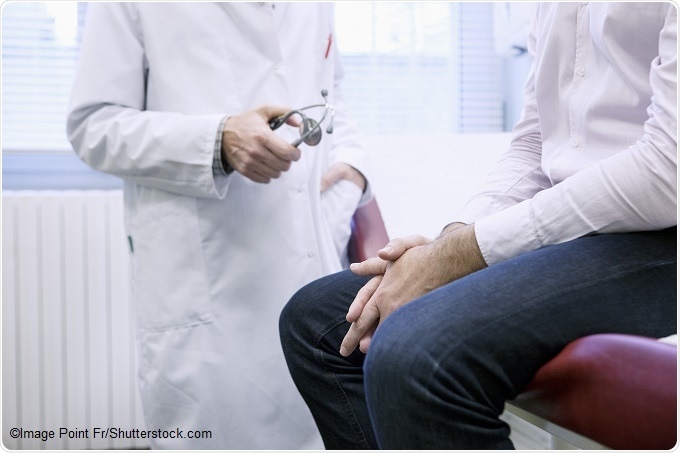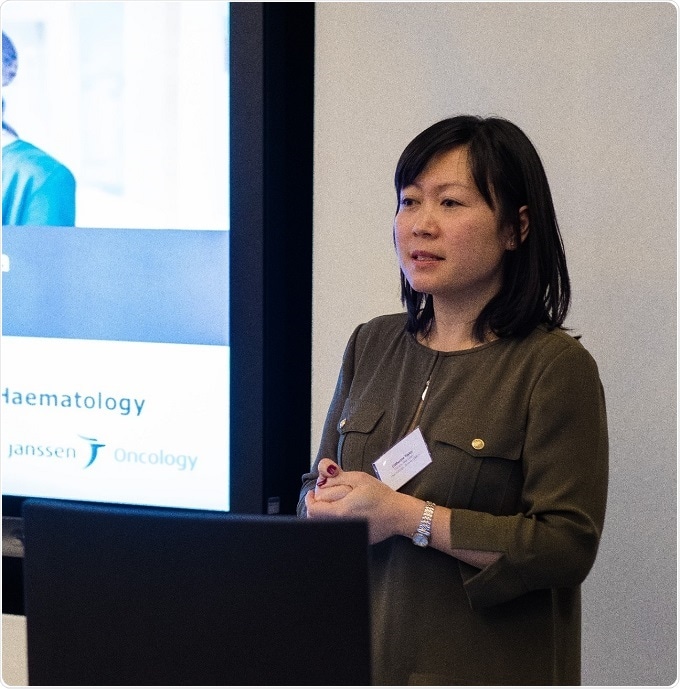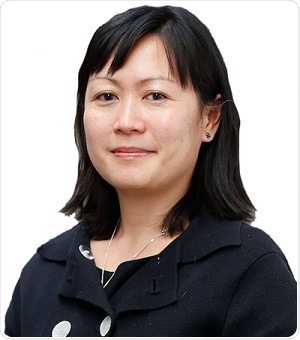Prostate cancer is the second most diagnosed cancer globally with over a million men diagnosed worldwide.
We are fortunate in that better diagnostic techniques and better awareness means that men are often being diagnosed earlier, which gives them a better chance of being cured.
Unfortunately for others, their diagnosis can come too late and they sometimes die from the disease.

Late diagnosis is a major challenge, but even in the scenario where the disease is caught early, for reasons not known, patients experience relapse of the cancer and this leads to their death.
Then, even when previous treatments have been successful, eventually resistance to treatment sets in and patients run out of treatment options.
What's currently being done to address these challenges?
Between academia and pharma and often also academia and pharma partnerships, there's an immense amount of research being carried out in prostate cancer. Not only in therapeutics, but also in biomarkers, which work towards finding the right patient for the right drug, and in diagnostics, understanding the molecular basis of resistance.
As well as, of course, research for better and earlier treatments so that we can cure this cancer indefinitely.
In the future, even preventing prostate cancer from occurring in the first place, which may be many years from now, but a great goal to drive towards.

How does the situation in the UK compare to other countries, in Europe or the Americas?
Access to prostate treatments is still a large issue in the UK. Janssen have worked closely with NICE and the UK payers to get to improve outcomes for patients, but it can sometimes take a long time, and that's the time that a lot of people don't have.
In terms of access to clinical trials things are improving. But, patient participation is one of the things that is lagging in some of the European countries. This may be due to an innate cultural conservatism, the last statistics I saw stated that around 5 percent of the patient population go into studies, although for cancer patients this can go up to 20 percent, we need to be a lot better than that.
What do you see for prostate cancer treatment in the future?
Although immuno-oncology has been around for a long time, it's only the last decade that it has become recognized as a significant treatment entity and prostate was one of the first disease areas with a specific cancer immunotherapy which prolonged survival. It was one of the first new generation immune-oncology drugs that got people excited, however, it never came to Europe because of the logistical complexities.
What is Janssen’s vision for the future?
It's about victories over cancer, so not only are we going to make cancer manageable, our ambitions for the future are to cure it and have a world without cancer - that's what we drive towards.
Where can readers find more information?
http://www.janssen.com/emea/health/oncology
About Dr. Catherine Taylor
 Dr. Catherine Taylor, Therapy Area Lead, Haematology, Janssen Europe, Middle East and Africa (EMEA)
Dr. Catherine Taylor, Therapy Area Lead, Haematology, Janssen Europe, Middle East and Africa (EMEA)
Catherine holds a MD from King’s College London and is a member of the UK Royal College of Physicians. Prior to joining the pharmaceutical industry, she trained and practiced in Clinical Oncology in London for seven years.
She also holds a Diploma in Pharmaceutical Medicine and has completed her UK specialty training in Pharmaceutical Medicine.